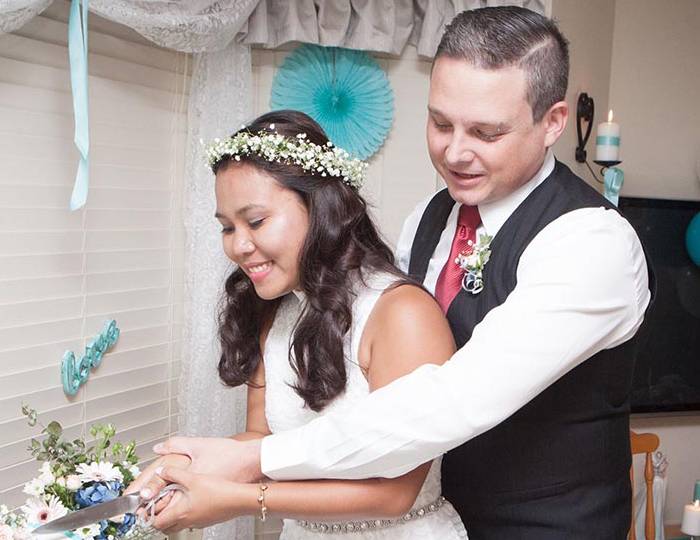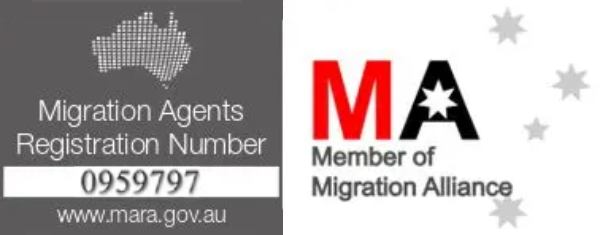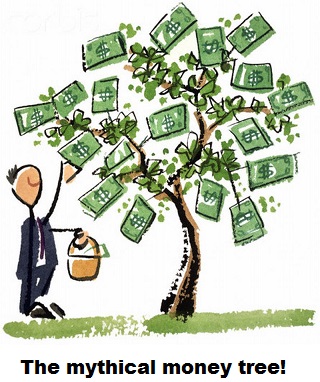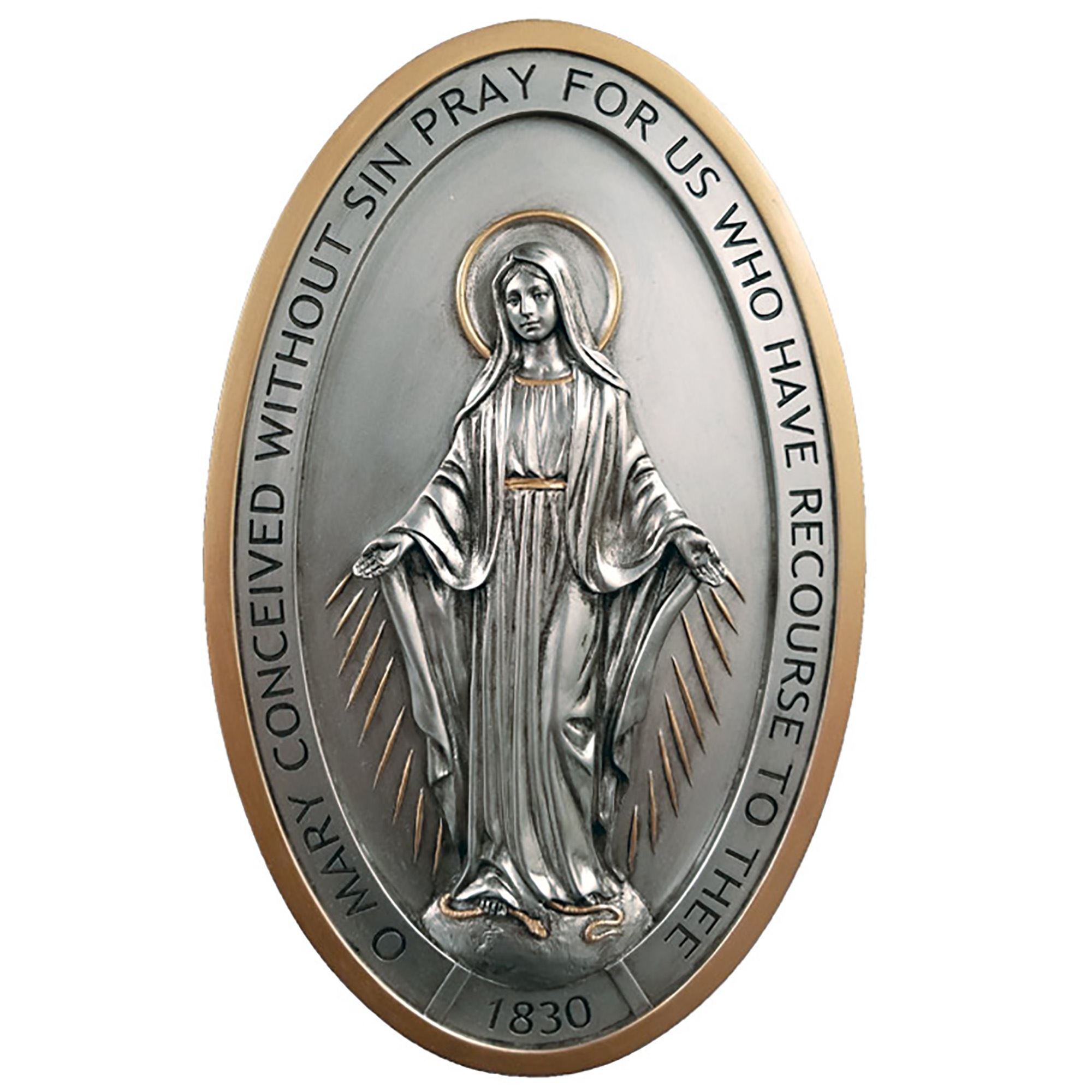It’s relatively easy to be generous in the Philippines. Opportunities present themselves everywhere, given that most westerners are comparatively rich compared to many of the locals here. There is need everywhere you look, and sometimes it takes so little effort to meet those needs. And unlike Aussies, locals here are rarely shy about receiving handouts. That fiercely independent “we don’t take charity!” attitude amongst Aussies is considerably less common here.
By way of contrast, I can remember years ago when my then 10 year old daughter wanted to empty her bank account and intended to give it all to her grandmother in the Philippines. “How would she (granny) react to that?”, I wanted to know. “She’d be happy!”, said Mila. Me? The day I needed handouts from a 10 year old grandchild would be a very sad day indeed. Contrast to that when Mila used to try to sneak “donations” to my mother in Australia (ie. buying too much at the supermarket, or “accidentally” leaving large bottles of shampoo at her place), and I would have my mother making it abundantly clear that it was neither necessary nor appreciated. She had her pride.
Myself? I’m a strong believer in personal charity. I truly believe that blessings should be shared, and if an opportunity to help comes up I rarely pass it up. My wife Mila is the same. And we noticed years ago that the more we give, the better we seem to do personally. But that’s part of another story.
So no, I’m not going to make this a “give them nothing!” article, or tell the stories about syndicates of beggars or do the “it only encourages them” speech. But I hope to give you a bit more to think about so you can prevent things getting out of hand.
Our experiences, and where we’ve gone wrong (?)
I put a question mark next to the word “wrong” above, because it’s really a matter of opinion whether you can ever really go wrong being kind. If the other person takes advantage, does that make the act of kindness wrong? Personally, I don’t think so. I would rather remain kind and get walked all over a few times then to become someone who doesn’t care.
I won’t go into too many details about some of the problems we’ve had, because some of those people may end up reading this, plus we’re getting quite a volume of stories of misguided generosity that I could write a very long book with ease. But I will say we’ve done a lot of generous things over time, and have opened our doors and our hearts especially to young people. And we’ve taken the approach that if someone is under our roof then they are one of the family. And despite some failures, we will always do this.
The problem? People taking advantage. People not appreciating what was done for them, and people taking kindness without returning kindness!
The Philippines is a land of contrasts. I observed many years ago that everything here is black or white. There are few shades of grey, especially with people. People are either virtual saints, or the worst kinds of selfish. They are either scrupulously honest, or absolute thieves. And I think the first thing you need to do is to try to work out what category people fall into before you get too involved and certainly before you extend too much trust. And remember that evil people don’t wear black capes and do the maniacal “evil laugh”. They are often quite disarmingly charming. You need to be on your guard and don’t trust completely or trust too quickly.
I do believe though that the majority of people here are decent, and never forget their utang na loob (or just “utang” for short), which is a recognition of when they “owe someone”. But those who lack decency and are walang hiya (ie. shameless) exist in enough numbers to make them annoying and hurtful.
Watch for Part Two in a few days









 ALL written content on this site is written by Jeff Harvie RMA. Not by "Content Creators". Not by marketing specialists. And definitely NOT by AI. The same applies to assessments and responses to emails. Visa advice always provided by Jeff Harvie RMA. Be assured we take our dealings with you seriously and professionally.
ALL written content on this site is written by Jeff Harvie RMA. Not by "Content Creators". Not by marketing specialists. And definitely NOT by AI. The same applies to assessments and responses to emails. Visa advice always provided by Jeff Harvie RMA. Be assured we take our dealings with you seriously and professionally.


Questions: Please search our BLOG menu or Visa Knowledge Base
Questions about visa types we don’t handle, or about countries we don’t apply for visas from, will not be answered, Philippines to Australia visas for couples and families only.
Do you have suggestions for topics you would like to read an article about? Click HERE and we will see what we can do!